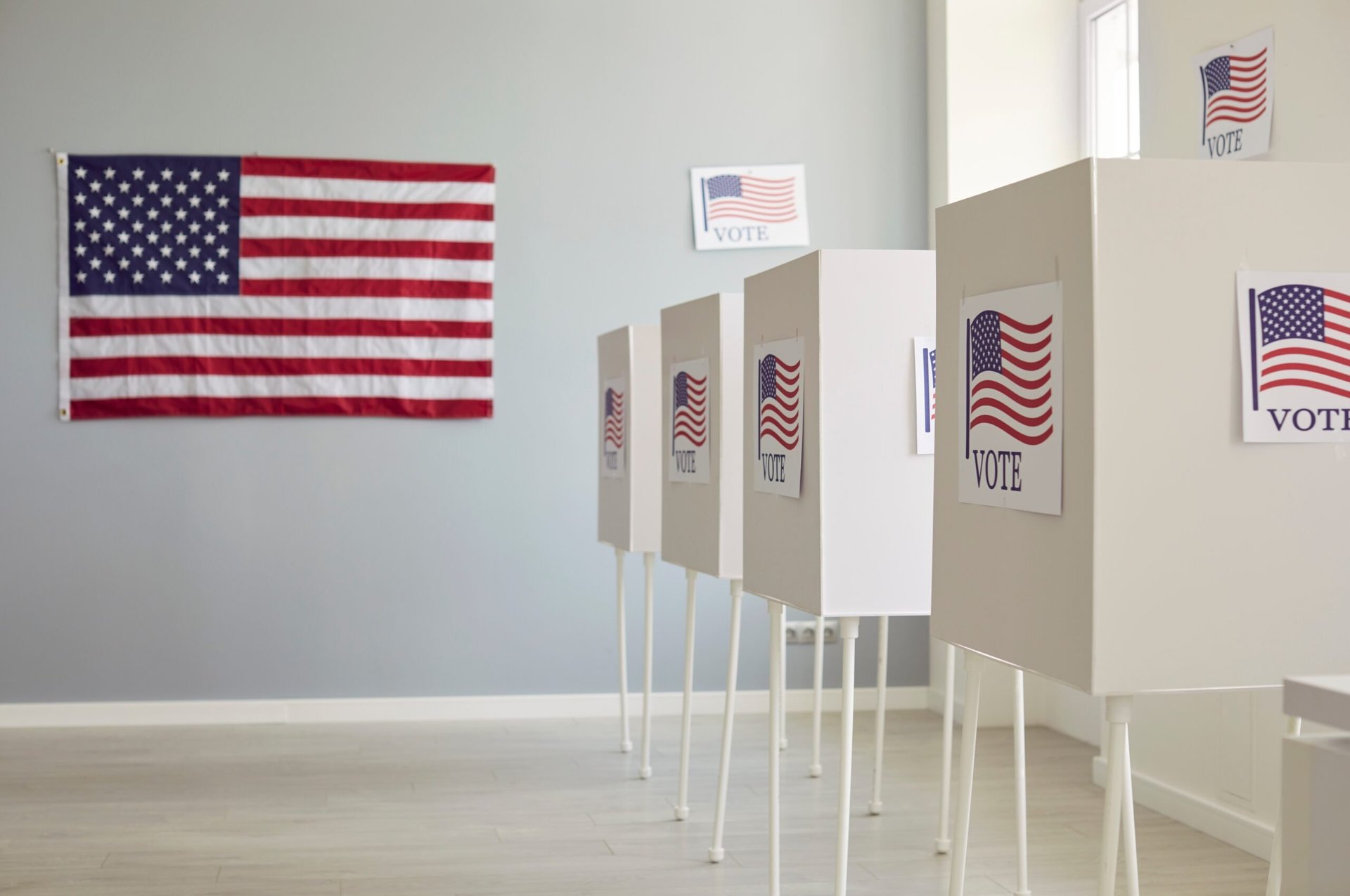Editor’s Note: This story originally appeared on FlexJobs.com.
In today’s political climate, finding a company that aligns with your core values and supports your personal and professional growth is more important than ever.
From increased stress and economic uncertainty to shifting career goals and company values, today’s professionals are facing unprecedented challenges.
Between Aug. 5, 2024, and Aug. 18, 2024, FlexJobs surveyed more than 3,000 U.S.-based professionals to gain insight into how the current political climate and the upcoming presidential election are affecting employment decisions and career goals.
Majority of Workers Believe Upcoming Election Unlikely to Impact Career

FlexJobs’ Politics at Work Pulse Report found that nearly a third (32%) of workers believe the November election will have a “significant impact” on their careers. Among the 32% of respondents who anticipate this impact, 19% feel it will be positive, while 13% feel it will be negative.
However, over half (68%) of respondents do not believe the election will have any influence on their careers. Despite this, 22% of workers polled said the current political climate is causing higher stress at work.
Among men and women polled about perceived career impacts of the election, FlexJobs found the following:
- No impact on career: women, 70%; men, 64%
- Significant, positive impact on career: women, 17%; men, 22%
- Significant, negative impact on career: women, 13%; men, 14%
“With the November election only weeks away and political discussions continuing to heat up, the political climate is understandably top of mind for most professionals,” said Toni Frana, Lead Career Expert at FlexJobs.
“And even though the majority of people do not believe the election will have an impact on their job directly, challenges like inflation and economic instability have heightened workers’ concerns related to career security and financial goals.”
Increased Expenses and Workplace Stress Top Challenges of Current Political Climate

Although the majority of survey respondents do not anticipate any impact on their careers as a result of the upcoming election, many feel differently about the current political climate.
FlexJobs’ survey identified the top ways professionals believe today’s political climate has affected their careers:
- Increased expenses due to inflation or economic instability: 31%
- Increased stress and anxiety related to job security and financial stability: 30%
- Difficulty finding new employment or opportunities: 27%
- Higher stress at work: 22%
- Increased awareness of social justice and equity issues: 21%
- Loss of income, benefits, or hours: 19%
- Reduced earning potential or salary stagnation: 19%
- Changes in workplace policies or practices: 15%
- Greater discrimination or bias in the workplace: 15%
- Shifts in company culture and values: 15%
- Feelings of isolation or disconnection from colleagues: 13%
- Changes in career goals or aspirations: 13%
- Greater focus on work-life balance and personal well-being: 11%
- Forced career change: 11%
Similar results were found among men and women, with employment opportunities, work-related stress, and reduced income ranking among the top career factors affected.
Perceived Career Factors Affected by Today’s Political Climate

Here are the top career factors affected by today’s political climate, according to men and women polled:
- Difficulty finding new employment: women, 27%; men, 26%
- Higher stress at work: women, 21%; men, 24%
- Reduced earning potential or salary stagnation: women, 20%; men, 19%
- Loss of income, benefits, or hours: women, 19%; men, 21%
Talent Attraction and Retention Tied to Company’s Political Stance

Despite discrepancies regarding the potential career impacts of the upcoming election among respondents to FlexJobs’ Politics at Work Pulse Report, more than half (60%) of respondents said a company’s political stance factors into their decision to work for said company.
Here’s a full breakdown of how much a company’s political stance factors into career decisions:
- A factor, but not the most important one: 25%
- A minor factor, but not a deal-breaker: 22%
- A major deciding factor: 13%
Link Between Employment Decisions and Company’s Political Stance

Between men and women, 60% of women agreed that a company’s political stance was a deciding factor for employment. This was only slightly higher than men, with 58% reporting the same.
Overall, men and women showed little variance in how they balance employment decisions with a prospective employer’s political stance:
- Not a factor in career decisions: women, 40%; men, 42%
- A factor, but not the most important one: women, 25%; men, 24%
- A minor factor, but not a deal-breaker: women, 22%; men, 21%
- A major deciding factor: women, 13%; men, 13%
Notably, 71% of respondents say they would work (20%) or consider working (51%) for a company that supports policies and practices they don’t agree with if the job was appealing due to factors like good compensation and fulfillment in the role.
Willingness to Work for Company With Conflicting Policies and Practices

Nearly a third (29%) of respondents said they would “absolutely not” work for a company whose policies or practices did not align with their values. In fact, a higher percentage of women said they were unwilling to work for a company whose policies or practices did not align with their own.
Here’s how the men and women polled feel about working for a company with conflicting policies and practices:
- Maybe: women, 50%; men, 53%
- Absolutely not: women, 30%; men, 26%
- Yes: women, 20%; men, 21%



